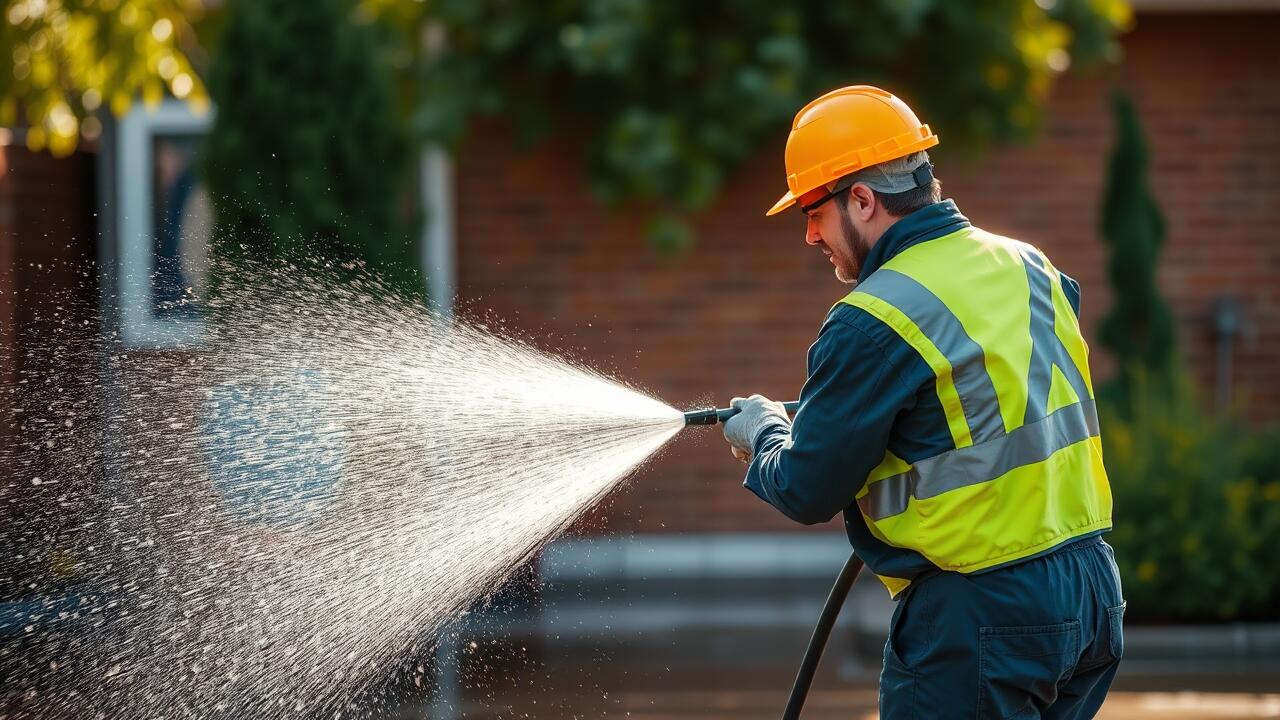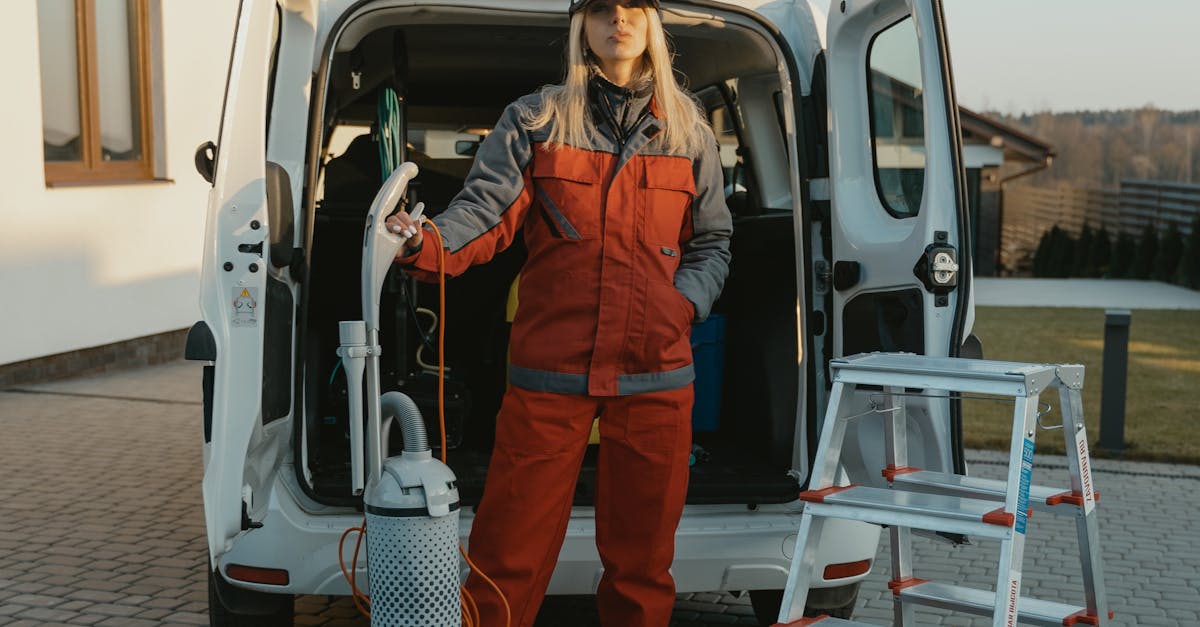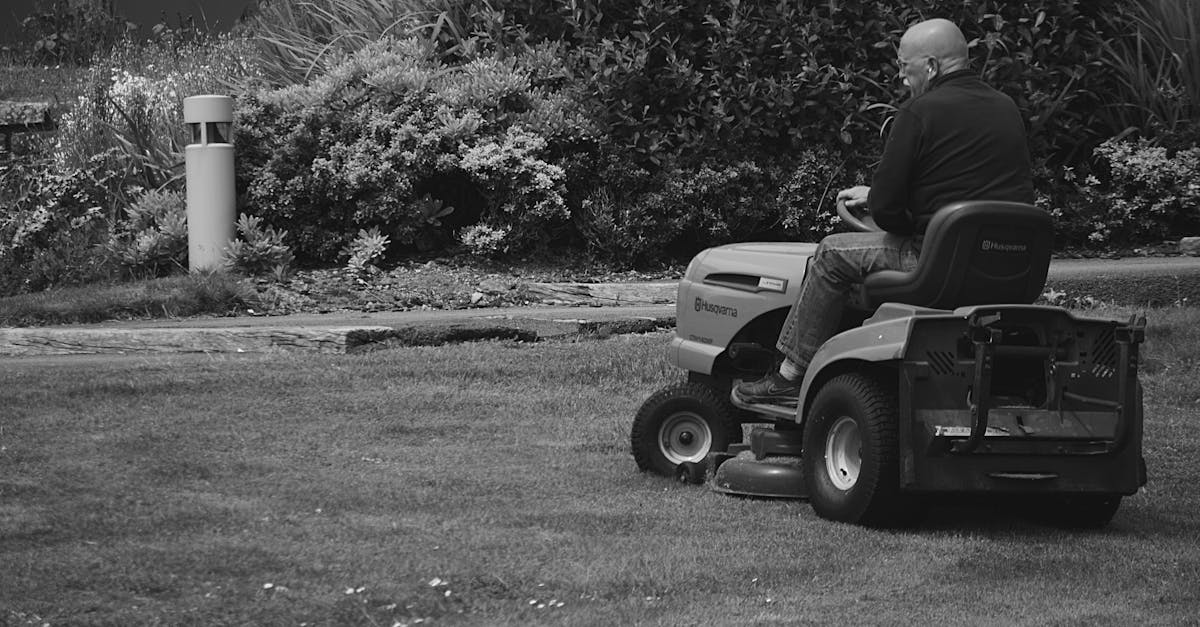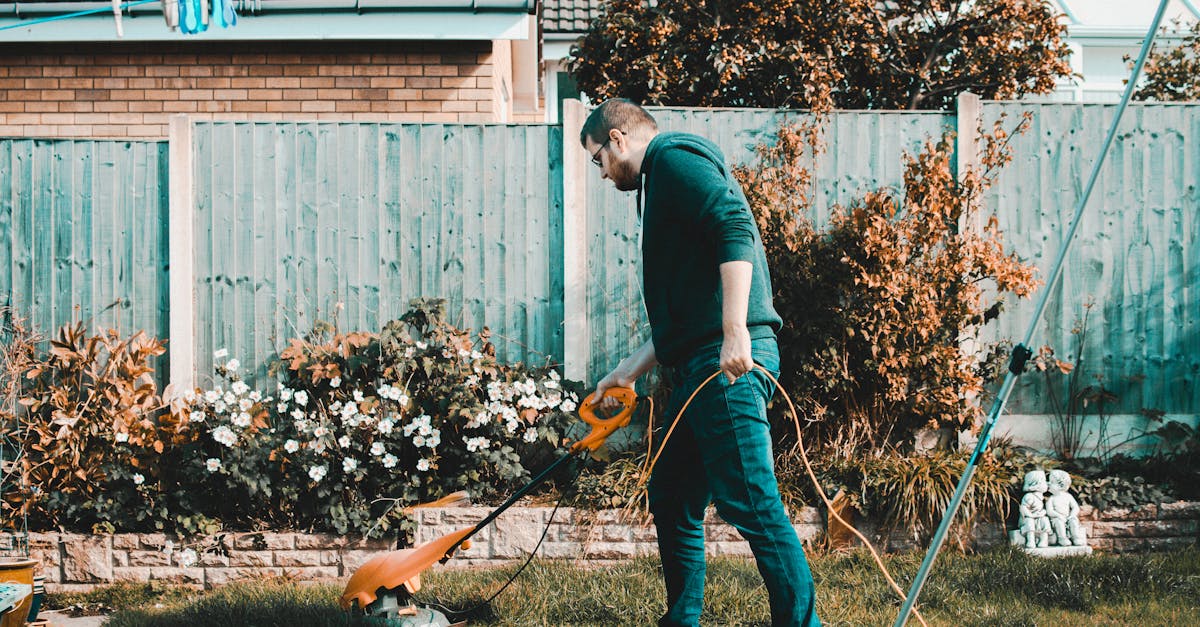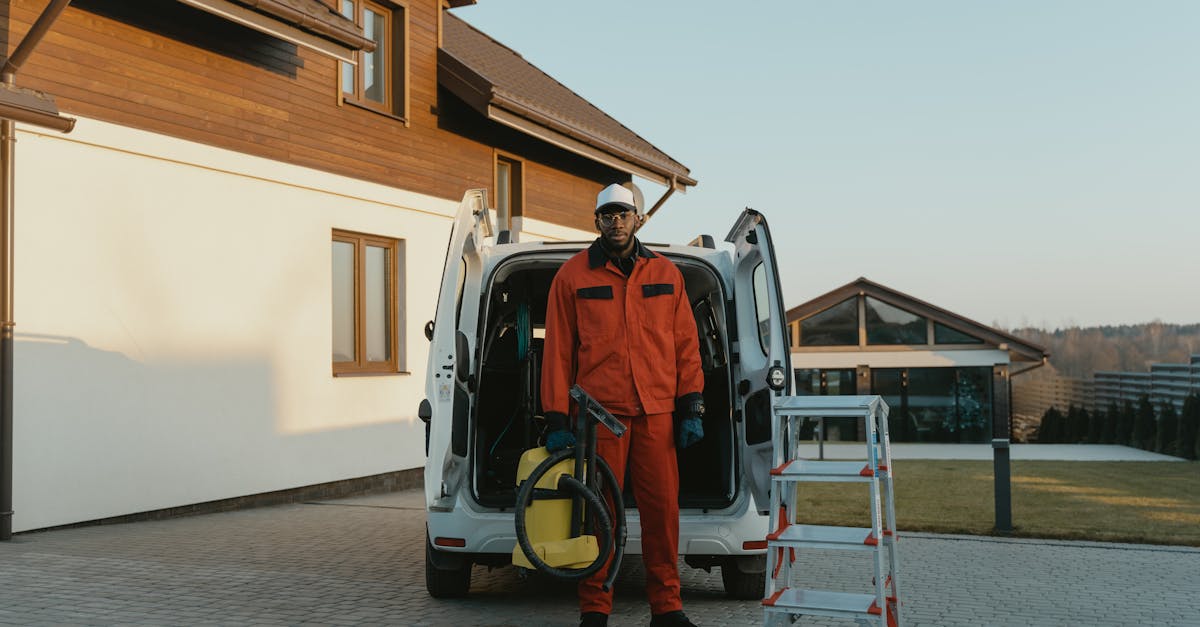
Suitable Surfaces for Each Method
Both pressure washing and power washing can be effective for a variety of surfaces, but they cater to different cleaning needs. Pressure washing is generally suitable for surfaces that can withstand high water pressure without suffering damage. This technique works well on materials such as concrete, brick, and stone, making it ideal for driveways, patios, and sidewalks. The forceful spray effectively removes dirt, grime, and mold without requiring excessive heat, allowing the surface to maintain its integrity.
Power washing, on the other hand, uses high-pressure hot water and is best employed on tougher surfaces that require deeper cleaning. Surfaces like metal, vinyl siding, and surfaces heavily coated in grease or oil benefit from the combination of heat and pressure. This method can effectively eliminate stubborn stains and buildup that pressure washing alone may struggle to address. Understanding the appropriate surfaces for each method helps ensure efficient and safe cleaning outcomes.
Ideal Surfaces for Pressure Washing
Pressure washing is suitable for a variety of surfaces that require a gentler approach to cleaning. This method excels on delicate materials such as wood decks, siding, and patios. The combination of water volume and adjustable pressure allows for thorough cleaning without harming the surface integrity, making it ideal for surfaces that need regular maintenance.
Moreover, pressure washing is effective for soft surfaces like brick or stucco, where attention to detail is crucial. The controlled pressure helps in removing dirt, mildew, and grime without causing damage. Pressure washing in these areas enhances the appearance and prolongs the lifespan of the surfaces, ensuring that they remain in good condition for years to come.
Cleaning Solutions and Additives
Cleaning solutions and additives play a crucial role in maximizing the effectiveness of both pressure washing and power washing. In pressure washing, cleaners are often eco-friendly and biodegradable. These solutions help break down dirt, grime, and mildew, ensuring thorough cleaning without damaging surfaces. Such cleaning agents can be adjusted based on the specific needs of the surface being treated, making pressure washing a versatile option for various applications.
Power washing utilizes higher temperatures and pressure, which may require different types of cleaning additives. These chemicals can include surfactants and degreasers that enhance the cleaning power of heated water. Utilizing specialized cleaning solutions during power washing can effectively tackle tough stains, oil, and grease, delivering a deeper clean. Pressure washing in residential settings often focuses on soft surfaces, while power washing may be better suited for industrial and commercial applications requiring a strong chemical approach.
Chemicals Used in Power Washing
Power washing often employs a range of chemicals to enhance cleaning efficacy. These chemicals vary depending on the surfaces being treated and the types of stains or contaminants present. Commonly used products include detergents, degreasers, and biocides that target mold and mildew. These additives allow for thorough cleaning and help in breaking down tough grime on surfaces like concrete, wood, and siding.
Pressure washing in residential and commercial settings benefits from these specialized chemicals. They not only improve the cleaning effectiveness but also save time and physical effort. The choice of chemicals requires careful consideration to ensure compatibility with the surface material and to prevent any damage. Properly applied, these chemical solutions make heavy-duty cleaning tasks more manageable and effective.
Typical Applications
Pressure washing is commonly used for various outdoor surfaces, including driveways, decks, and patios. This method is particularly effective for removing dirt, mold, and grime that accumulate over time. Homeowners often choose pressure washing to refresh the appearance of their property’s exterior. It helps restore surfaces to their original condition without causing damage.
Power washing, on the other hand, is generally employed in more industrial or commercial settings. This technique is ideal for cleaning heavy-duty surfaces like parking lots, loading docks, and factories. The high heat combined with pressurized water effectively tackles tough stains and grease. Power washing is a great choice for businesses looking to maintain a clean and professional appearance.
Common Uses for Pressure Washing
Pressure washing is an effective method for cleaning a variety of surfaces around homes and businesses. This technique is particularly useful for driveways, sidewalks, and exterior walls that accumulate dirt, grime, and mold over time. The high-pressure water stream removes stubborn stains and debris, restoring the surface’s appearance without the need for harsh chemicals. Many property owners rely on pressure washing to enhance curb appeal and maintain the overall value of their property.
Another common application for pressure washing is preparing surfaces for painting or sealing. By thoroughly cleaning decks, fences, and patios, this method ensures that new coatings adhere properly. Pressure washing in residential and commercial spaces not only improves aesthetics but also extends the life of surfaces by removing harmful substances that can cause deterioration. Regular cleaning can prevent costly repairs and create a healthier environment.
FAQS
What is the main difference between pressure washing and power washing?
The main difference lies in the temperature of the water used. Pressure washing uses cold water, while power washing uses heated water to more effectively remove tough stains and grime.
Can I use pressure washing on all surfaces?
Not all surfaces are suitable for pressure washing. Delicate surfaces like wood siding, windows, or painted surfaces may be damaged. It’s important to assess the surface before using this method.
Are there specific chemicals used in power washing?
Yes, power washing often involves the use of specialized cleaning solutions and additives that can enhance the cleaning process, especially for tough stains like oil or mildew.
What are the typical applications for pressure washing?
Pressure washing is commonly used for tasks such as cleaning driveways, sidewalks, decks, and patios, as well as preparing surfaces for painting or staining.
Can I perform both pressure washing and power washing myself?
While both methods can be done as DIY projects, it is recommended to hire professionals for power washing due to the use of heated water and chemicals, ensuring safety and effectiveness.
